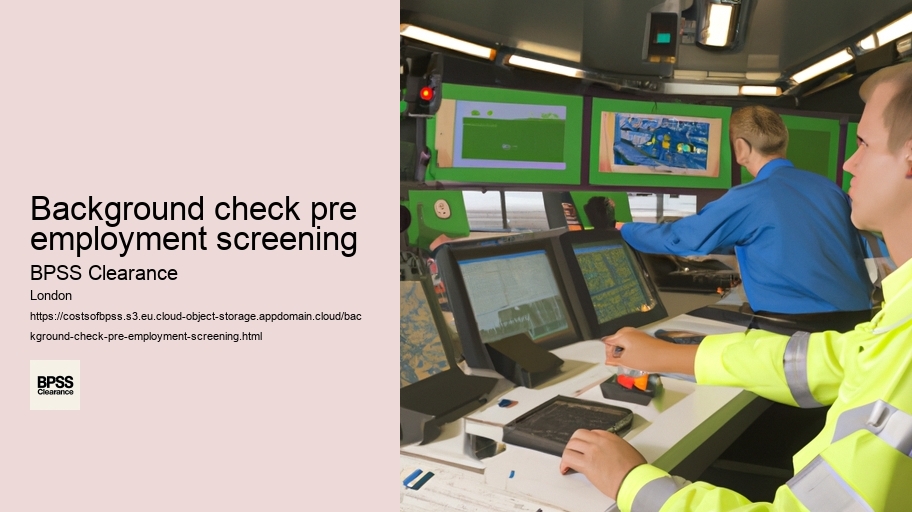
Continuous monitoring and updating of BPSS clearance are recommended for roles that involve ongoing security concerns. This proactive approach ensures that any changes in an employee's background that could affect their security status are promptly addressed, maintaining the integrity of sensitive environments and protecting national interests.
When undergoing a BPSS check, you're subjected to a thorough screening process to confirm your trustworthiness and eligibility for accessing sensitive information. This screening, which is a baseline personnel security standard in the UK, includes checks like Basic DBS Check, ID Check, Right to Work check, and 3-Year Employment History Check.
Employers who request BPSS checks must adhere to strict legal and ethical guidelines to ensure the process is conducted fairly and lawfully. One of the foremost rules is compliance with the Data Protection Act 2018, which governs the processing of personal data. This means that all personal information collected during the BPSS process must be handled in a way that is secure, confidential, and limited to purposes explicitly related to the check. Employers must ensure that information is not used discriminatorily and is stored only as long as necessary for security purposes.





